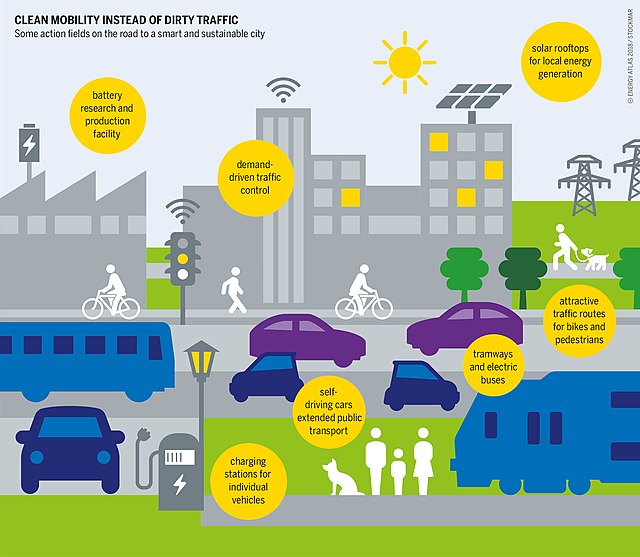- Empty cart.
- Continue Shopping
How to Reduce Energy Consumption for Health and Sustainability

Reducing energy consumption is not only beneficial for the environment but also for your health and well-being. Sustainable living and energy efficiency can lead to lower energy bills, reduced environmental impact, and a healthier lifestyle.
1. Upgrade to Energy-Efficient Appliances
Invest in energy-efficient appliances that carry the ENERGY STAR label. These appliances consume less energy, which can lead to significant long-term savings on your utility bills.
2. Improve Home Insulation
Properly insulate your home to prevent heat loss in the winter and keep it cooler in the summer. Good insulation reduces the need for heating and cooling systems, leading to lower energy consumption and increased comfort.
3. Seal Air Leaks
Identify and seal air leaks in your home, such as gaps around windows and doors. Weatherstripping and caulking can help maintain a consistent indoor temperature, reducing the workload on heating and cooling systems.
4. Use a Programmable Thermostat
Install a programmable thermostat to regulate your home’s temperature efficiently. Programming it to lower the temperature when you’re away or asleep can lead to energy savings without compromising comfort.
5. Reduce Phantom Energy
Unplug electronics and chargers when not in use, or use power strips to easily disconnect multiple devices. Even when turned off, many devices consume energy if left plugged in.
6. Switch to LED Lighting
Replace incandescent and fluorescent bulbs with energy-efficient LED lighting. LED bulbs are more durable, longer-lasting, and consume significantly less energy.
7. Opt for Natural Lighting
Utilize natural light during the day by opening curtains and blinds. This reduces the need for artificial lighting and provides health benefits by exposing you to natural sunlight.
8. Install Solar Panels
Consider installing solar panels on your home to generate renewable energy. Solar power can reduce your reliance on fossil fuels and lower your energy bills over time.
9. Upgrade Windows and Doors
If your windows and doors are old or poorly insulated, consider upgrading to energy-efficient models. Double-glazed or low-E windows and well-insulated doors can improve energy efficiency.
10. Reduce Water Heating Costs
Lower the temperature of your water heater to 120°F (49°C) and insulate the hot water tank. Also, consider using a tankless water heater, which heats water on demand and consumes less energy.
11. Practice Energy-Efficient Cooking
Use energy-efficient cooking methods such as using lids on pots and pans, matching cookware size to burner size, and using a microwave or toaster oven for smaller meals.
12. Limit HVAC Use
Use heating, ventilation, and air conditioning (HVAC) systems judiciously. Seal ducts, change filters regularly, and invest in a high-efficiency HVAC system to maximize energy savings.
13. Implement Smart Home Technology
Use smart thermostats, lights, and appliances to optimize energy use. These devices can be controlled remotely and programmed to operate efficiently.
14. Plant Trees and Shrubs
Strategically planting trees and shrubs around your home can provide natural shading, reducing cooling costs in the summer and enhancing energy efficiency.
15. Reduce Water Usage
Conserving water can indirectly reduce energy consumption. Fix leaks, use water-saving appliances, and practice water-efficient habits to lower the energy required for water heating and distribution.
16. Public Transportation and Carpooling
Reduce your carbon footprint and save on fuel costs by using public transportation, carpooling, or biking when possible. These choices also promote physical activity and improve air quality.
17. Telecommute
Working remotely can reduce energy consumption associated with commuting while providing a more flexible and less stressful work environment.
18. Support Renewable Energy
Consider purchasing renewable energy certificates or choosing electricity providers that source their energy from renewables. Supporting clean energy initiatives contributes to a more sustainable future.
19. Educate Yourself and Others
Stay informed about energy-efficient practices and share your knowledge with friends and family. Encourage others to adopt sustainable habits for a more energy-conscious society.
In Conclusion, Reducing energy consumption is a win-win for both personal well-being and sustainability. By implementing these strategies, you can lower your energy bills, reduce your environmental impact, and create a healthier living environment. Making energy-efficient choices not only benefits you but also contributes to a more sustainable and eco-friendly future for all.








